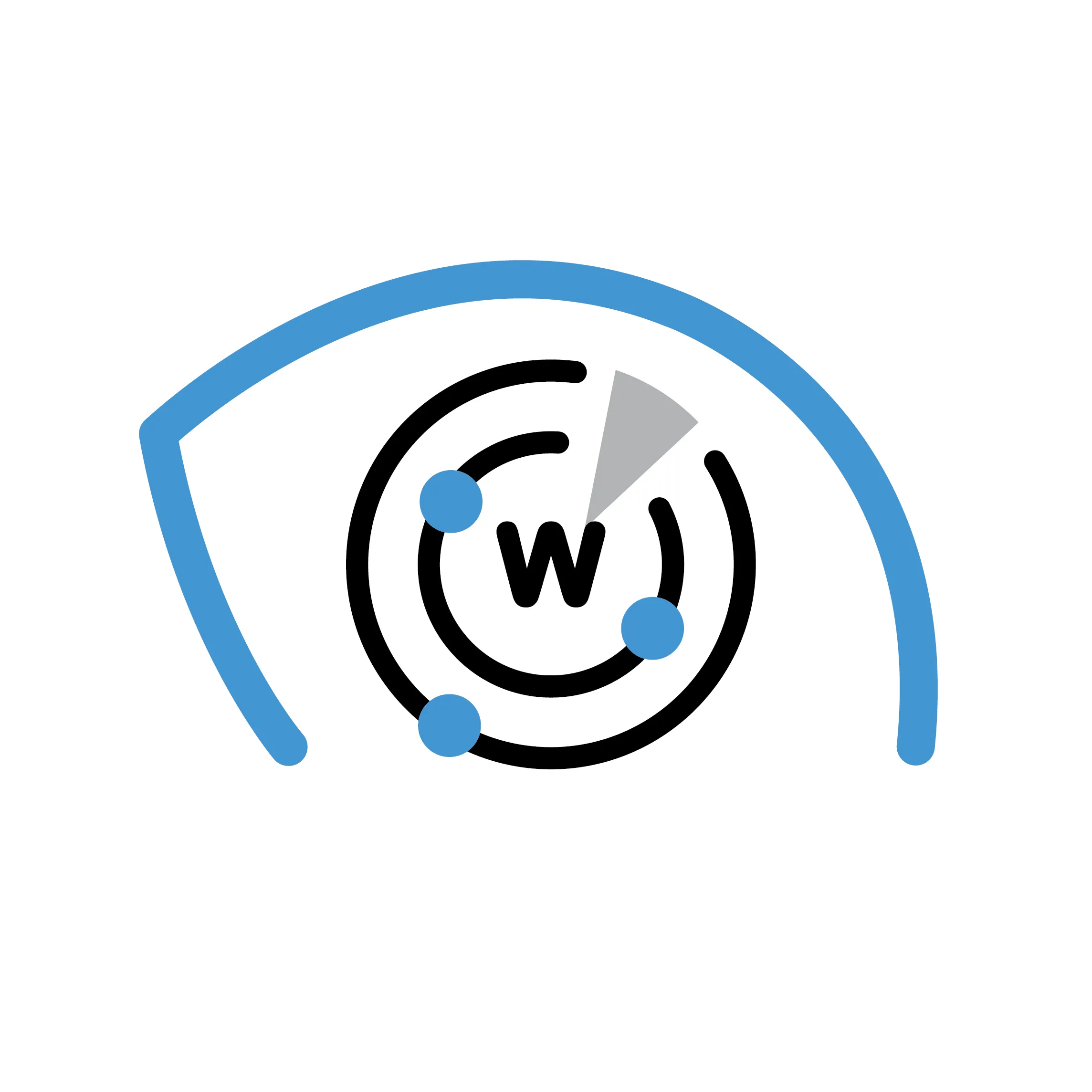239 reads
DNS Business Impersonation: What’s the Landscape Like in 2022
by
July 13th, 2022
Audio Presented by

Top Whois, DNS, IP and threat intelligence data provider. We provide APIs, databases, and tools.
About Author
Top Whois, DNS, IP and threat intelligence data provider. We provide APIs, databases, and tools.
